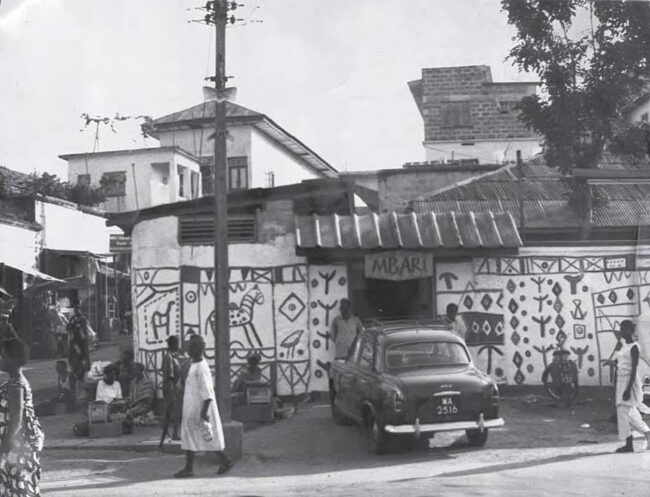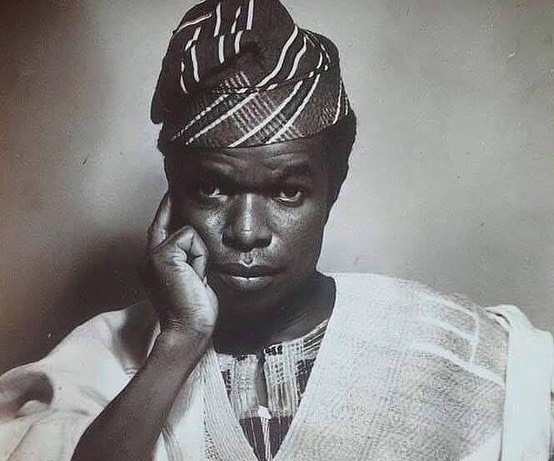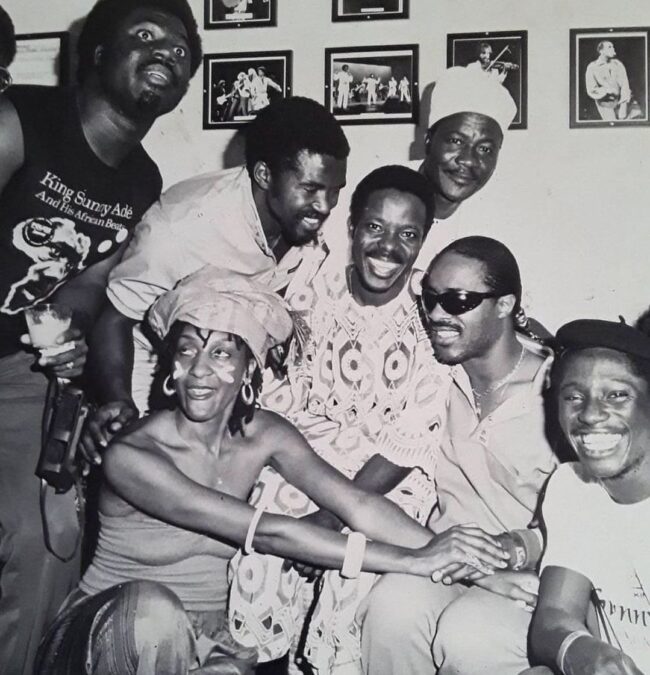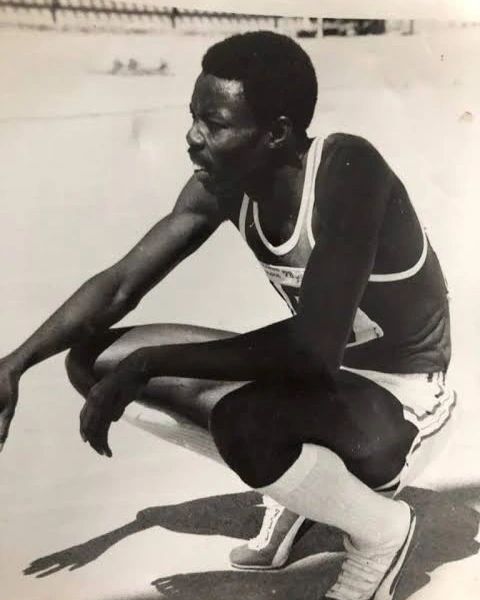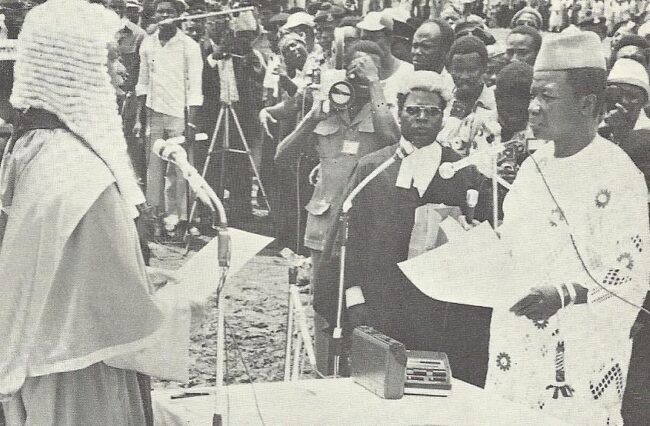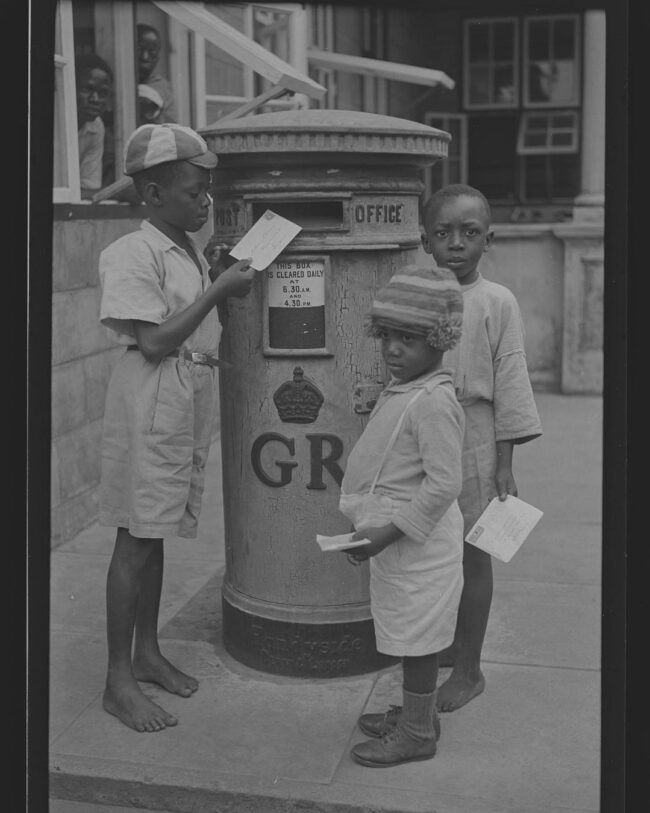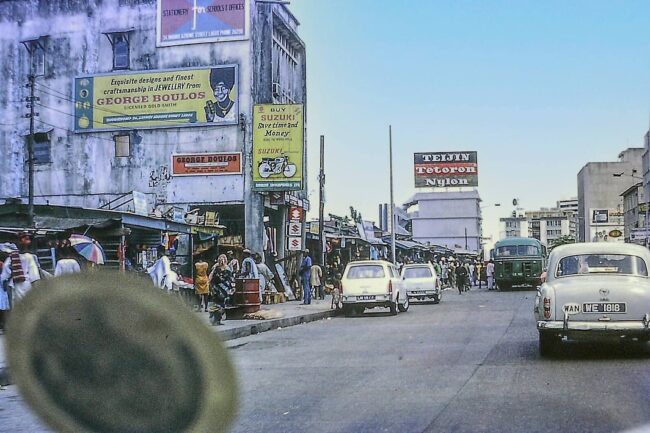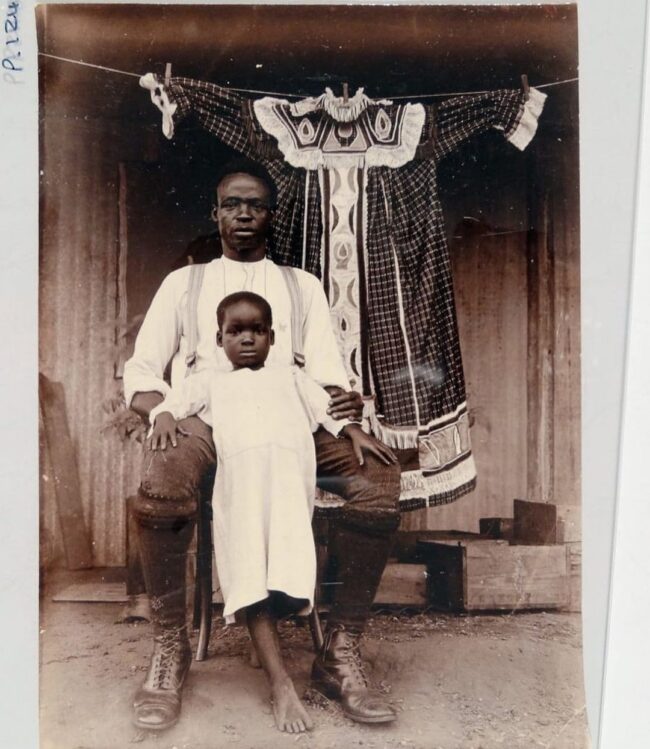Mbari Club: A Hub of Creativity in the 1960s
Achebe Mbari suggested the name, an Igbo concept for “creation.” Other Mbari members included Christopher Okigbo, JP Clark and South African writer Ezekiel Mphahlele, Frances Ademola, Demas Nwoko, Mabel Segun, Uche Okeke, Arthur Nortje and Bruce Onobrakpeya. The Club Mbari was founded in 1961 by various writers and other groups of visual artists and was originally located on the site of an old Lebanese stall in the Dugbe Market in Ibadan. Mbari has become an important…

